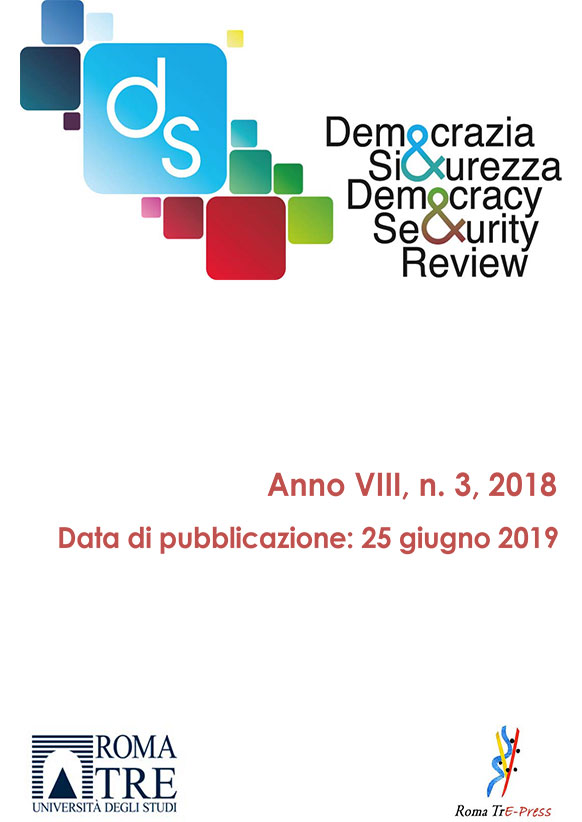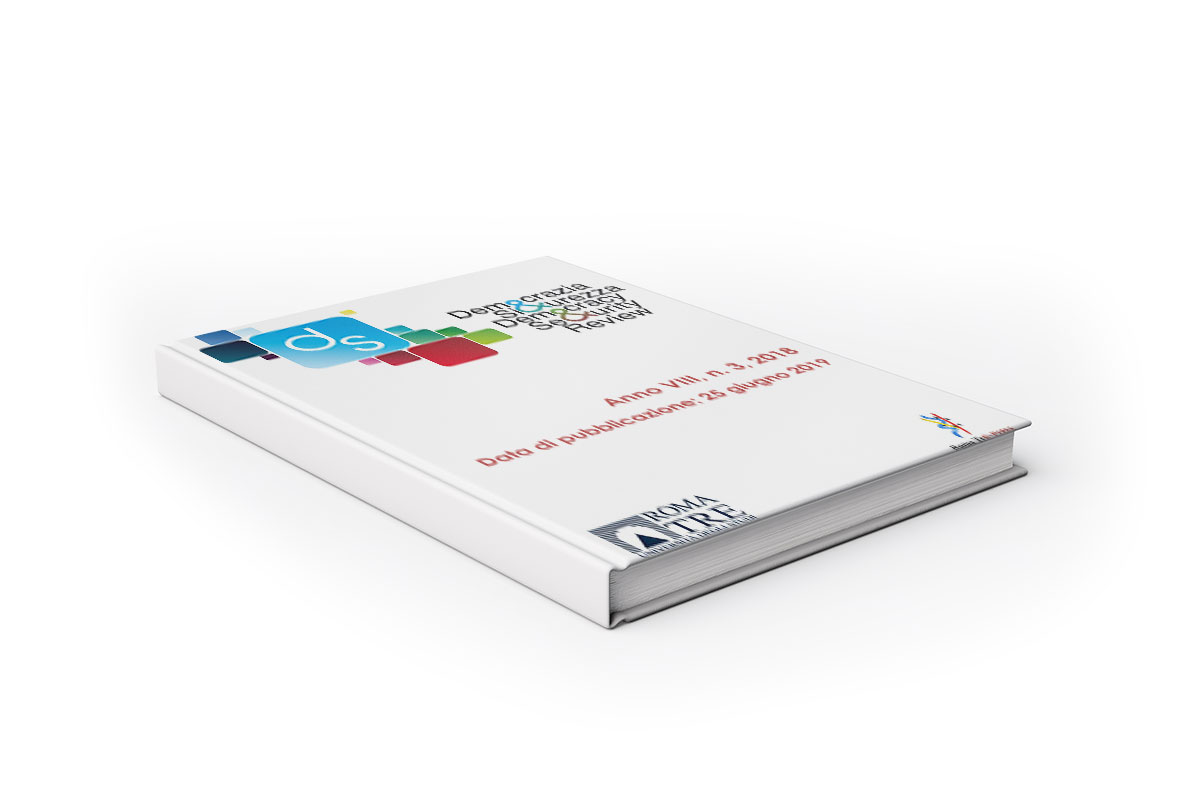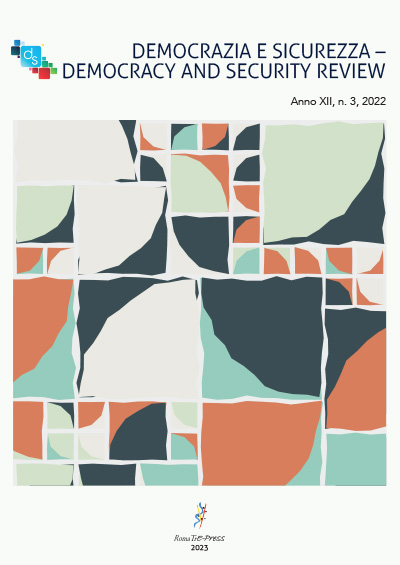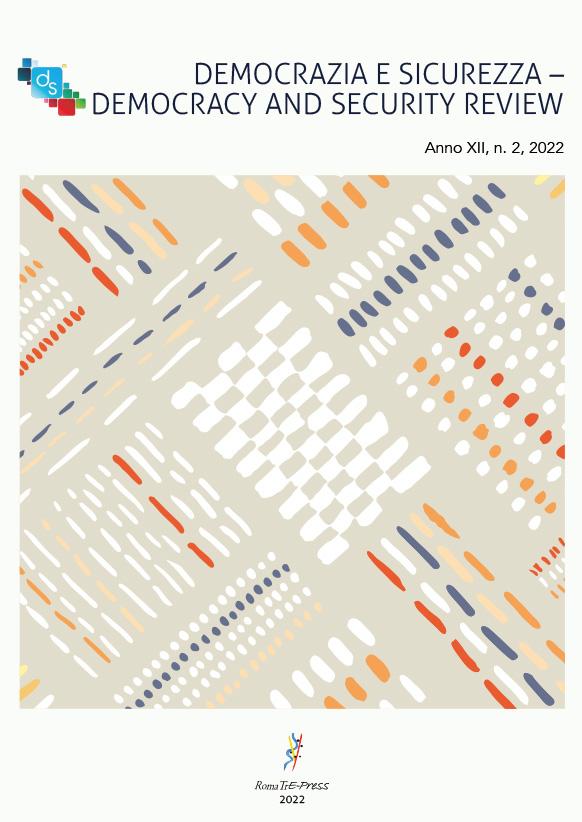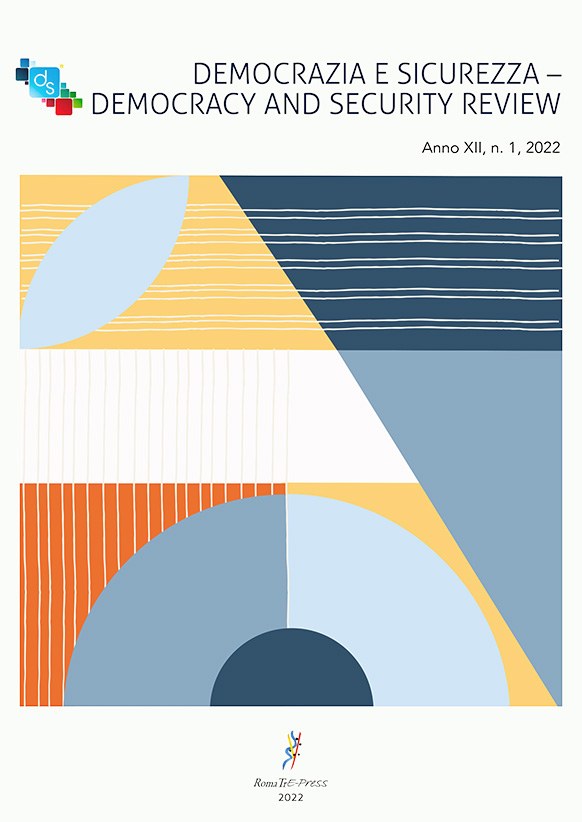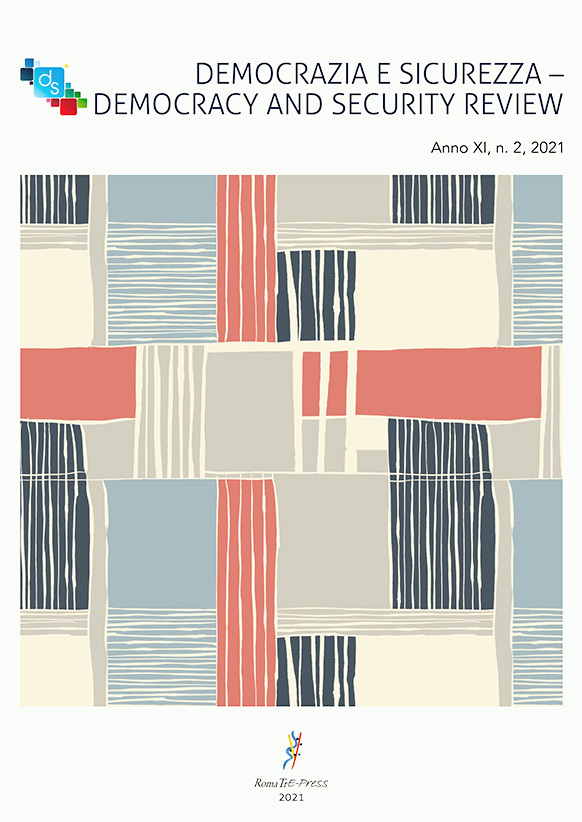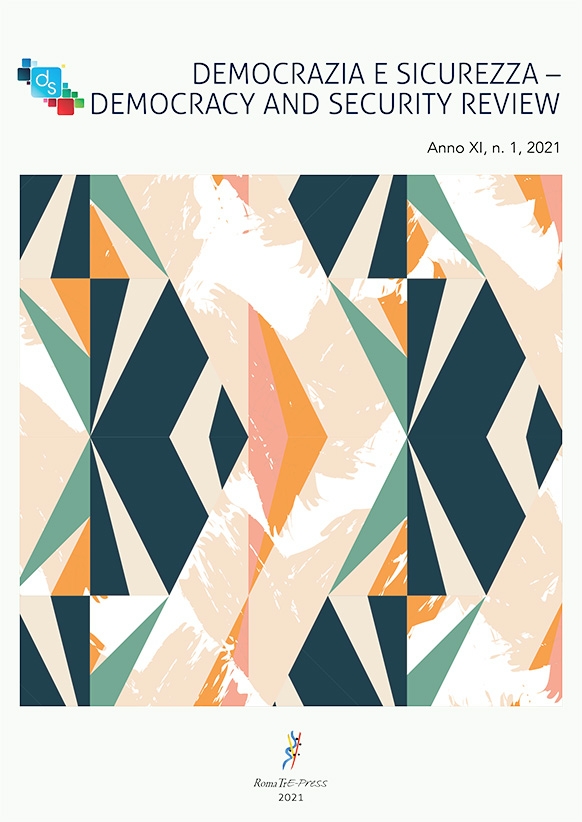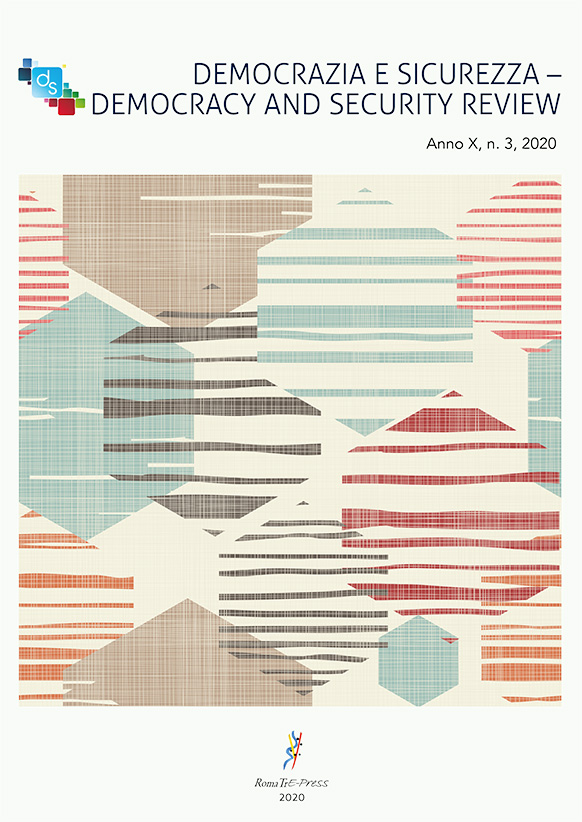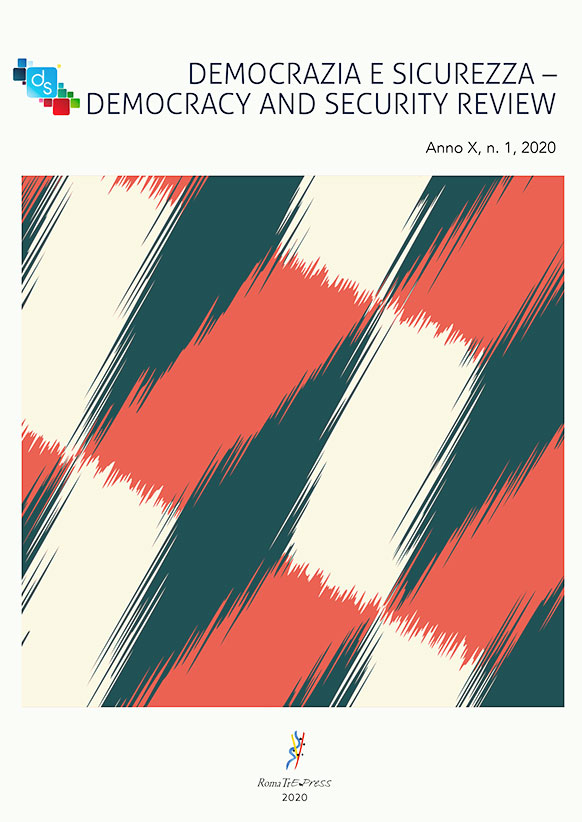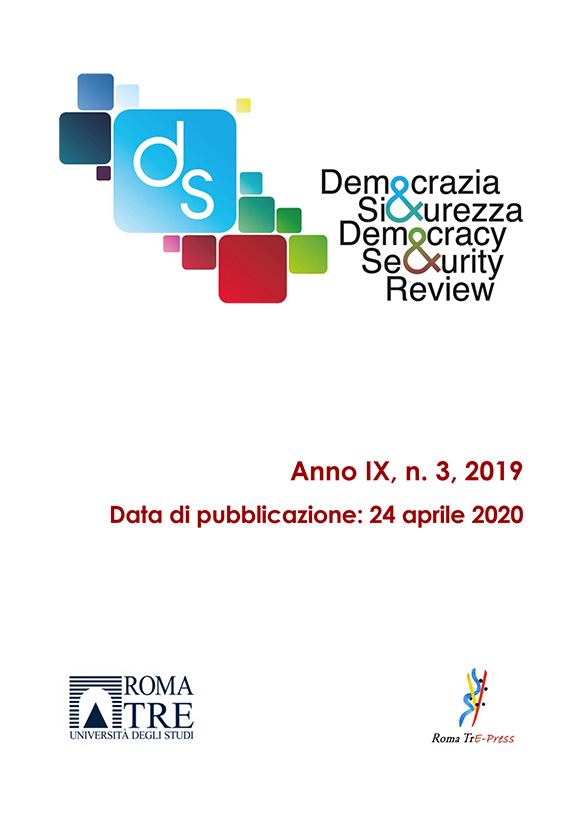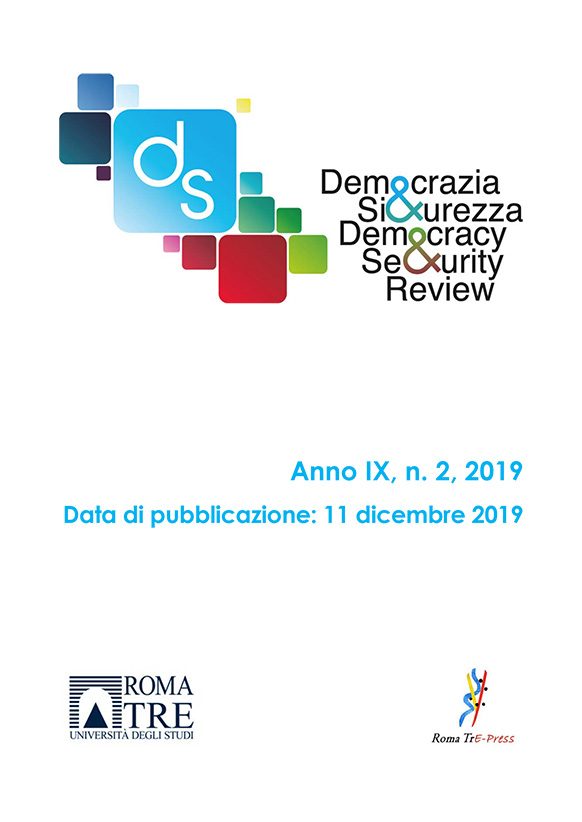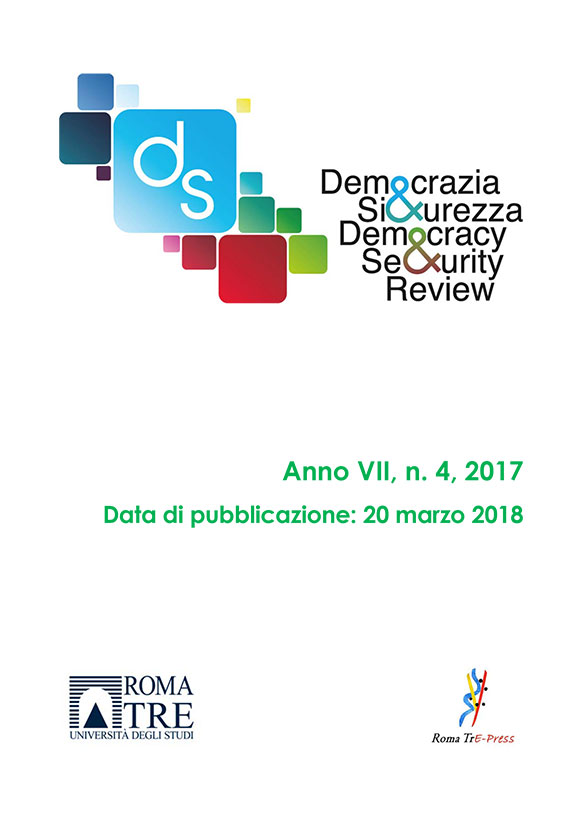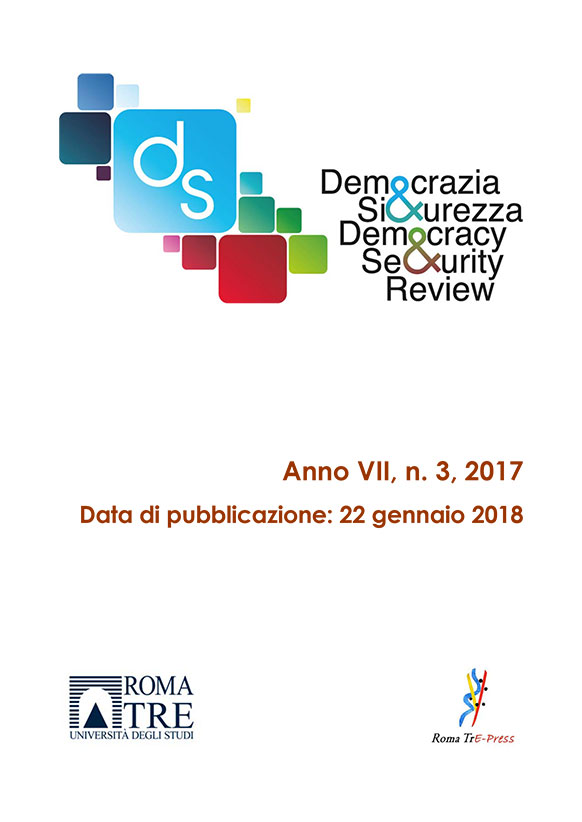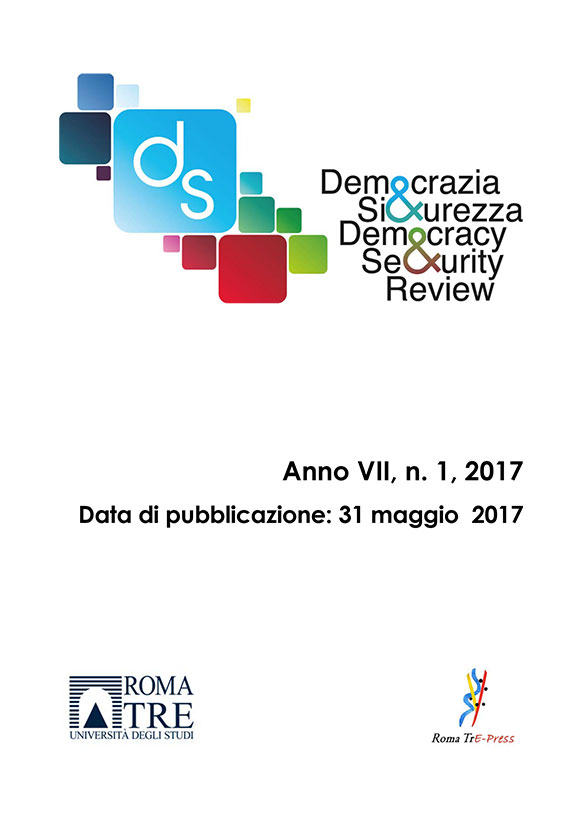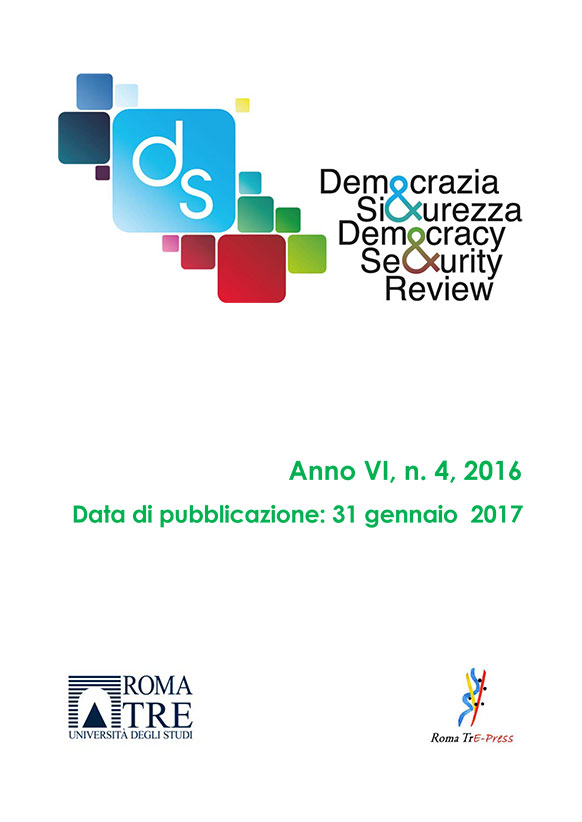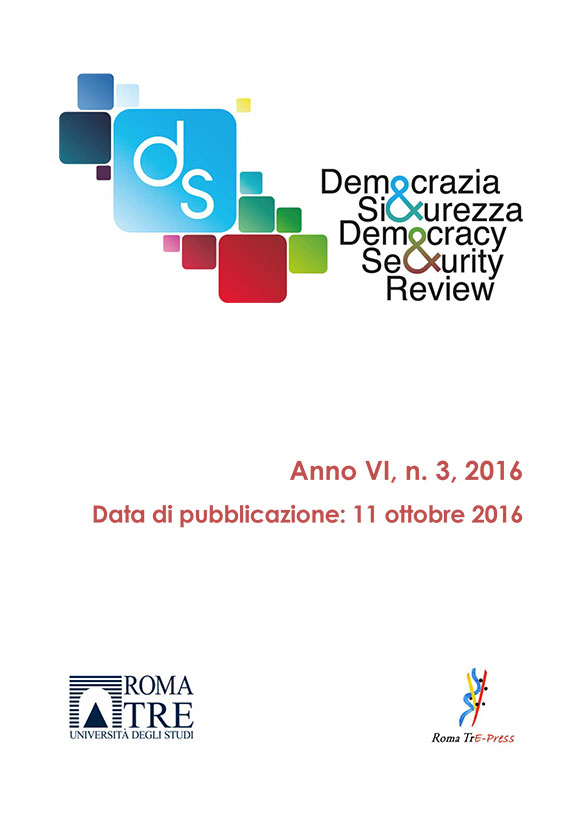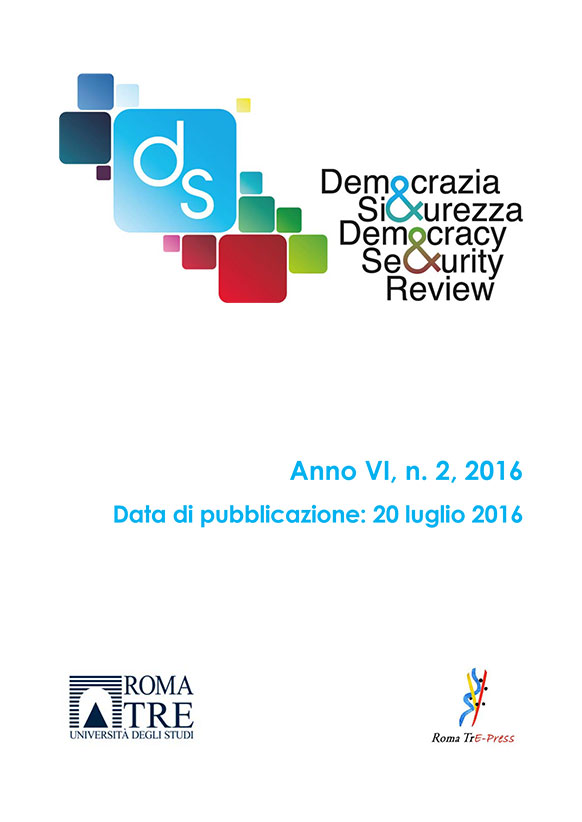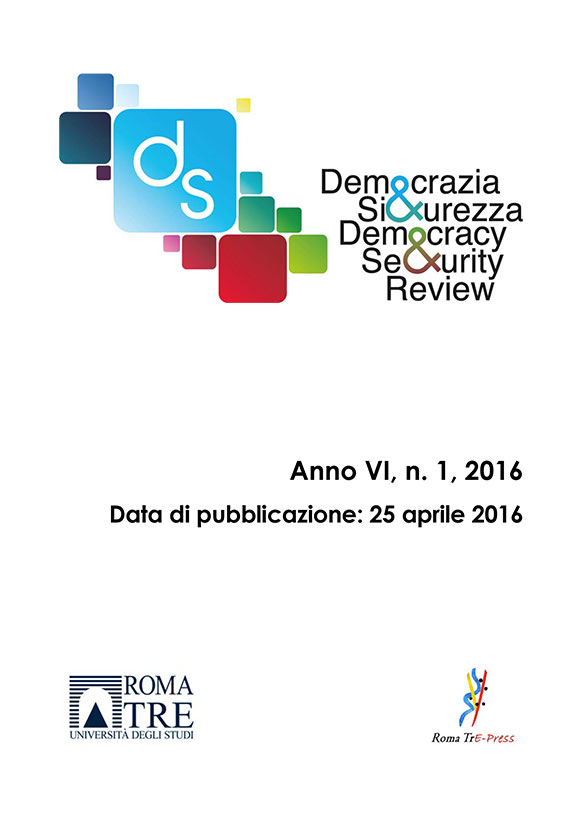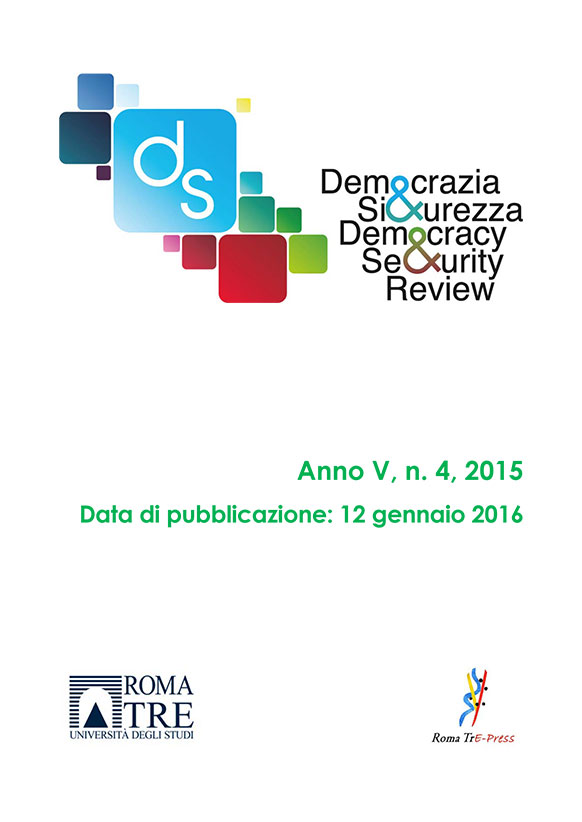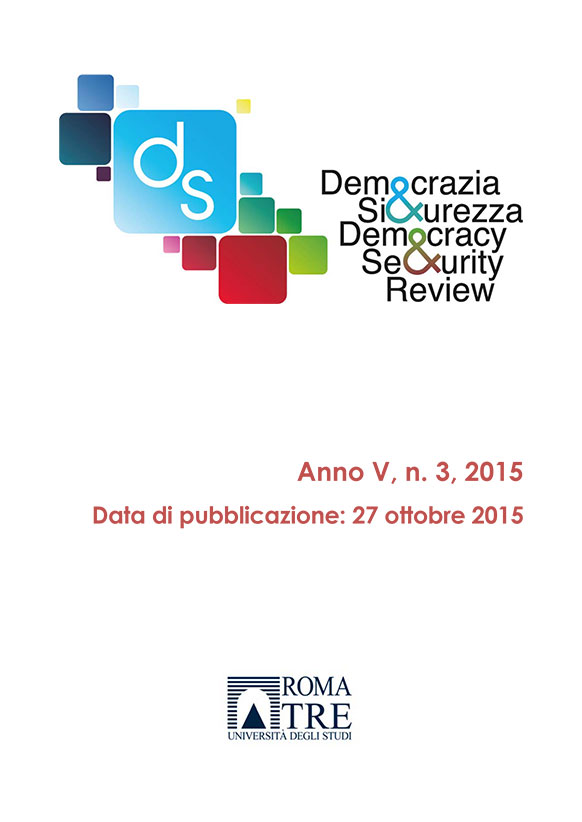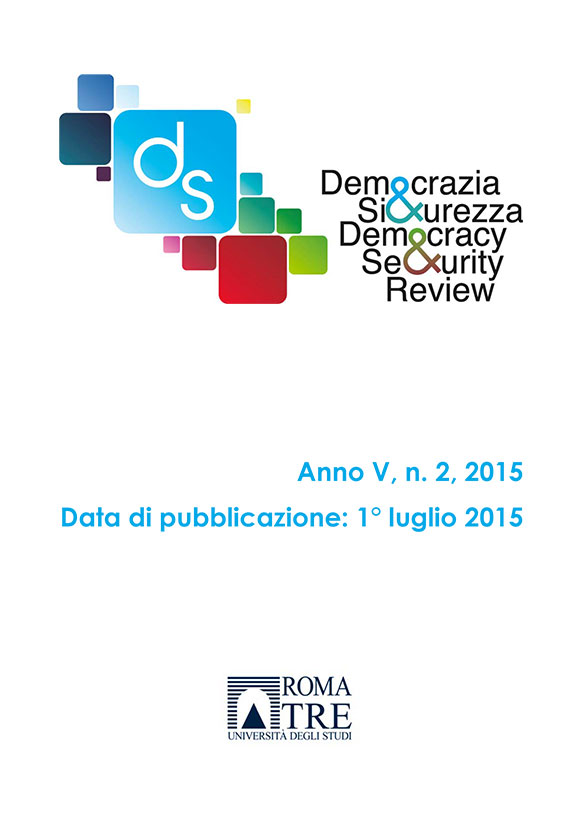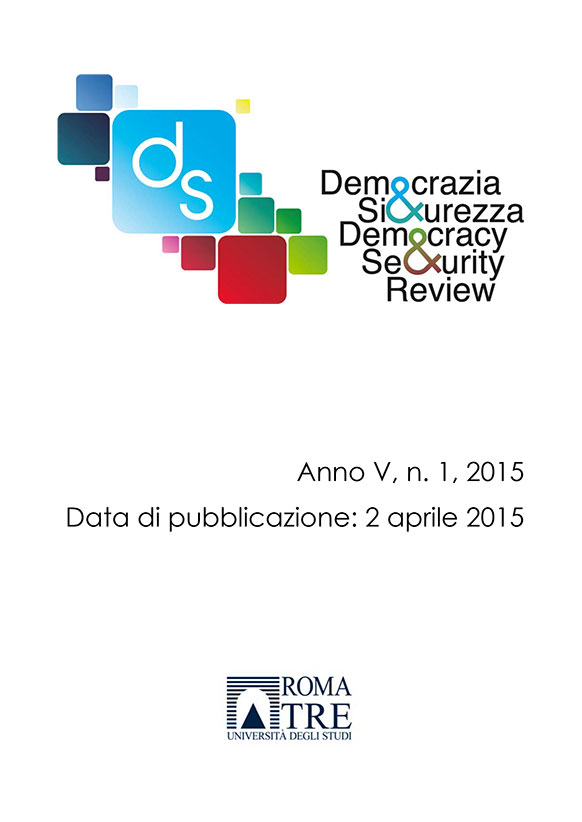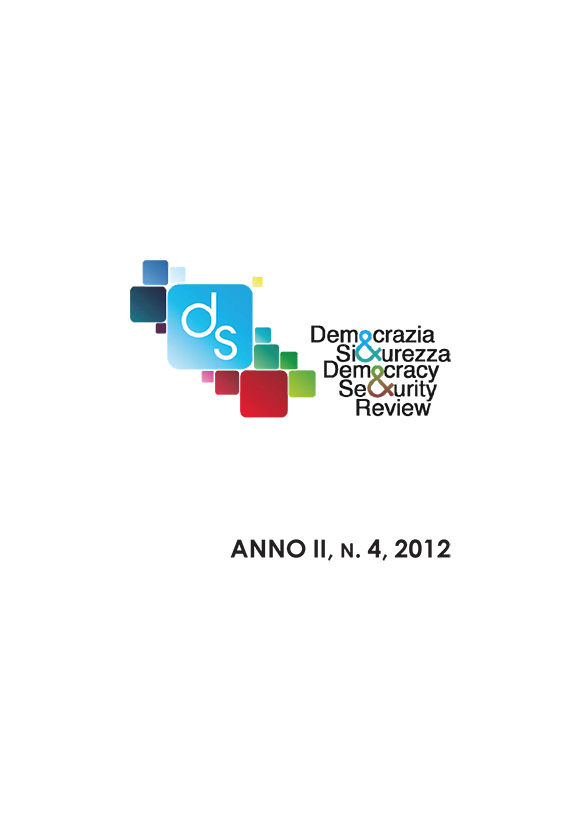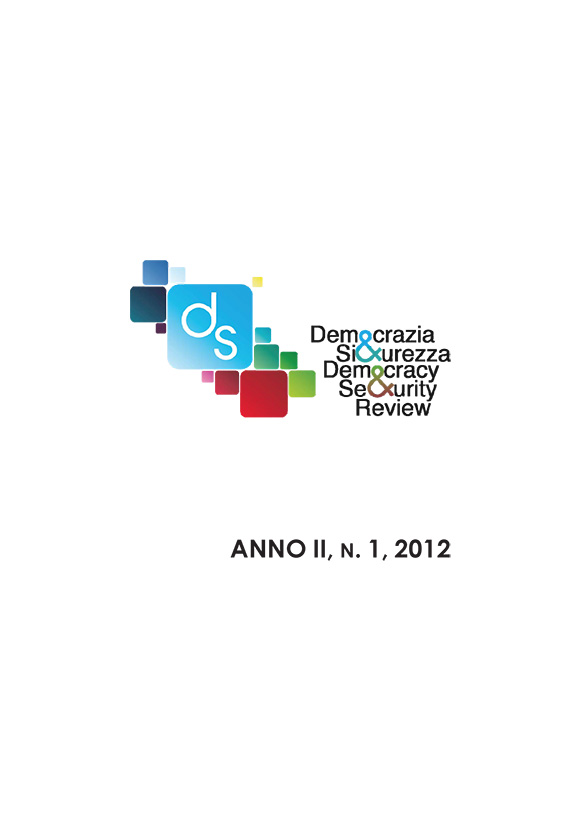La sicurezza urbana alla luce del modello cooperativo delle inter-governmental relations. Luci ed ombre di un assetto flessibile di competenze
Luca Dell’Atti
The article analyses the urban security from the point of view of the multi-level territorial system based on the integration and the cooperation among the different government tiers.
The analysis is divided in two parts: the first dealing with the separation of the legislative powers between State and regions; the second one regarding the relations between State and local government bodies in the implementation of the administrative functions.
In both cases, it is clear the extension of the legal conception of security.
Security does not mean only prevention and repression of crime, as in the past. Nowadays, indeed, it means also social promotion of legality and coping with urban decay. Therefore, security take on a new territorial dimension: it involves not only the classical police functions, traditionally reserved to the State, but also policies belonging to regions and the municipalities.
The results are an overlap among national, regional and local interests regarding the same subject and a further overlap in the constitutional powers of the government tiers are remarkable. The following need of a preventive coordination, in order to avoid conflicts and disputes, is evident.
Both the expansion of the legal meaning of security and the flexibilisation of the constitutional competences are two aspects of the broader phenomenon of the liquid society, which might determine serious risks for the rigidity of the Constitution and the equal guarantee of the fundamental rights.
DOI: 10.13134/2239-804x/3-2018/2

